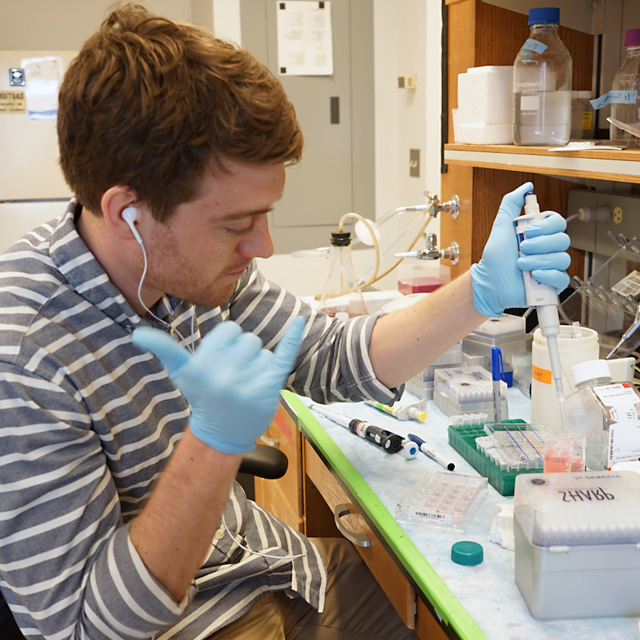UPDATE: As of AY25, our Program has added two (2) fully-funded PSDP Residents to our Categorical complement of 21 Residents.
PSDP training is integrated across the Departments of Pediatrics, Medicine and Pathology within the Biological Sciences Division to provide a supportive, inclusive and dynamic training experience.
PSDP recruitment is coordinated across Departments within the Biological Sciences Division (BSD) with a joint recruitment/information session scheduled in November of each year.
The 2024 recruitment event is set to take place on Monday, November 18th from 10am - 1pm CST (approx.) - full details still pending.
